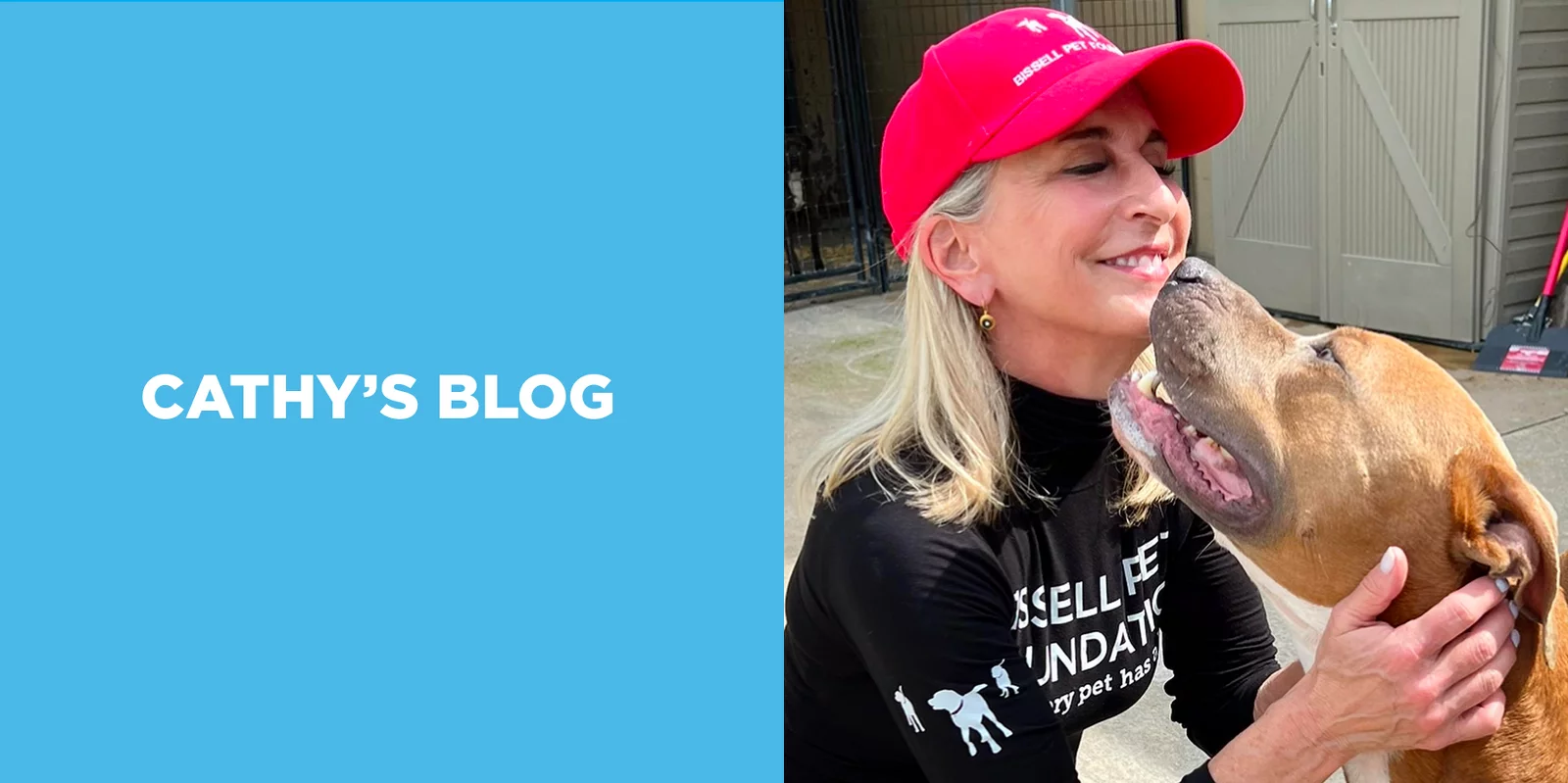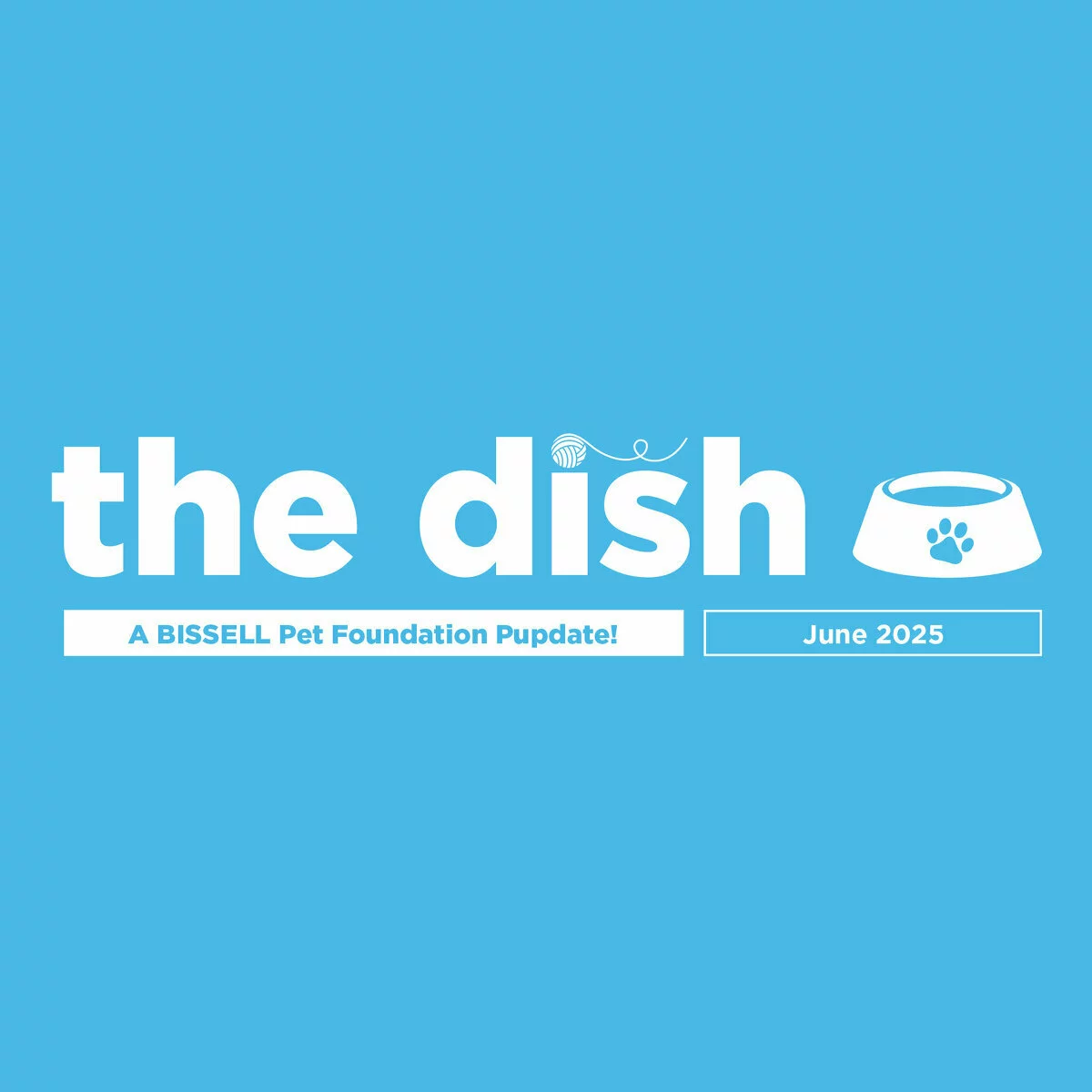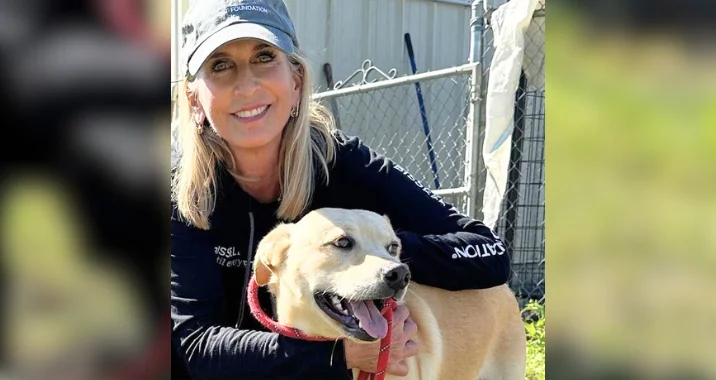3 Practices in Animal Welfare We Need to Change
In one week, I experienced three things I am passionately concerned about: breed discrimination in adoption programs, lack of community trust, and puppy-only “rescue” transports. I want to share my thoughts.
1. Breed Discrimination in Adoption Programming
Some communities have antiquated and frustrating breed bans; however, self-imposed breed bans from shelter staff are unacceptable. As the industry works tirelessly to break down barriers and overturn ordinances that provide a death sentence for bully breeds, shelters must not create new obstacles.
I cannot tell you how many times I have heard this statement: “We cannot trust the community with pit bull type dogs because the people here sell them and fight them.”
Making blanket statements like this not only insults the community but also perpetuates the stigma associated with bully breeds. Every breed can have an individual dog unsuitable for adoption due to aggressive behavior. It is up to shelter staff to make that determination according to the behavior of a particular dog, not the breed.
Breed discrimination barriers are also causing an imbalance in rescues. Shelters that rely solely on rescues to take bully breeds into their program are taxing these organizations and creating immense compassion fatigue. These groups have no choice but to take all the pit bull mixes into their program, or they will die. These dogs can take longer to move to adoption or transfer, creating a bottleneck for the rescue.
2. Lack of Community Trust
To work successfully, animal shelters must trust their communities. Every community in our nation has people who love pets and provide loving homes. If healthy adoptable pets are being euthanized at your local shelter because the staff does not trust the community to adopt, it is time for change.
3. Puppy-Only “Rescue” Transports
Finally, I want to address the practice of transporting large numbers of puppies and leaving the mothers behind in overwhelmed shelters, often with a heartworm-positive diagnosis. If your community embraces pit mixes and large-breed puppies, someone will consider adopting their mother. When these large dogs are left behind in shelters, their chances of transport or adoption drastically decrease. The burden again falls on the local rescue groups to save their lives. Small breed mothers of puppies seem to be making these transports; let’s step up the game here and give the same opportunity to large breed mothers and bully mixes by marketing them differently and telling their stories.
BISSELL Pet Foundation destination shelters do not leave mothers behind. If your partner shelters do this, it’s time to look for new destinations. Every shelter should have an adoption program for all dogs regardless of breed, size, age or color. They should have faith in the community and work with potential adopters to find the right match.
Together, we can stop these heartbreaking practices. If you are a shelter, please only work with destinations that take mother dogs with the puppies. As an animal lover, learn about your community and shelter policies on breed-specific discrimination and talk to community leaders about change. Finally, we can all use social media to share heartwarming adoption stories.
We must all do our part to make a difference for shelter pets. Let’s get started today.



